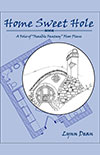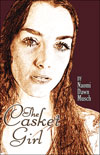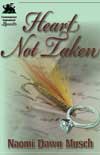(Guest Post by Shelly Dippel)
. . . or How to Take the Shortcut to Brilliance
The sun was a ball of fire.
The road was a snake slithering through the countryside.
What did you picture when you read these two sentences? Flames lapping at the sky? Clouds lit up with a pink glow? A road twisting through a landscape of trees or meadows?
No matter what image they conjured in your brain, these sentences produced a picture. By comparing one idea or thing with a familiar impression, the characteristics of one transfers to the other. A reader can feel the heat of a faraway cosmic body as if it were a common campfire, and everything he knows about the familiar image helps to explain and describe what the writer has compared it to.
This is the power of metaphor.
By definition, a metaphor is a figure of speech in which an expression is used to refer to something that it does not literally denote in order to suggest a similarity without using the words “like” or “as.” It comes from the word for “to transfer or carry.” A good metaphor for metaphor would be a grandmother giving family heirlooms to her grandchild so that child can better understand who he really is. Or naming a ferocious dog Killer.
One of the strengths of using metaphor is allowing the reader to participate in the description process. He is forced to imagine the picture and think about the similarities. An engaged reader is a satisfied reader.
A couple of warnings: do not overuse metaphor. We want to engage the reader, not wear him out. Be ruthless about eliminating clichés. Metaphors work best when they surprise the reader. No one even pays attention to skin that is as soft as a baby’s.
Exercises:
1. Choose two images (choose from a book or magazine) and find a way to connect them. This will help develop fresh ways of looking at comparisons and get out of mental ruts.
2. Take an idea from one area and compare it to something from—
- Business
- Sports
- Nature
- Travel
- Food
- Building
- Art
- Transportation
3. Look for interesting metaphors in your reading and keep a list—not to copy, but to inspire.
4. Read poetry. Nothing sets your metaphorical soul free like a good dose of compact poetic language.
















Speak Your Mind
You must be logged in to post a comment.